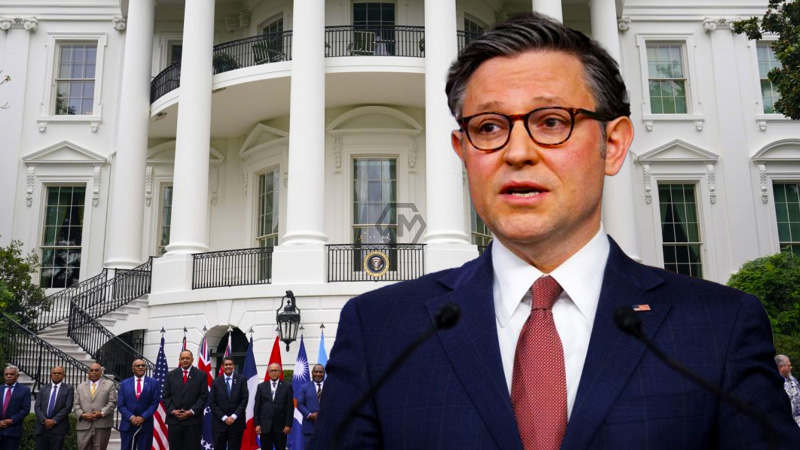- GOP leaders advance over 30 legislative measures targeting business ties with China.
- Some Republicans argue the measures don’t go far enough in addressing China.
- Internal divisions arise as the party balances toughness with election strategy.
House Republicans are preparing to showcase a strong stance against China through a series of legislative votes aimed at limiting business connections with the country.
This “China Week” initiative is part of their strategy leading up to the November elections, echoing Donald Trump’s rhetoric of framing China as a significant threat to U.S. economic and security interests.
GOP Faces Internal Pressure Over Inadequate China Legislation
Groups like the Alliance for American Manufacturing have criticized the legislative agenda as a “missed opportunity” to implement more impactful measures. Certain proposed bills, such as the No-Gotion Act and the Protecting Advanced American Manufacturing Act, which would restrict Chinese-linked companies from receiving green energy tax credits, were notably absent from the agenda.
The conservative Heritage Foundation hosted a call that highlighted the dissatisfaction among some members who felt that the legislative package lacked crucial provisions. Bills like the No-Gotion Act and the Protecting Advanced American Manufacturing Act, which would block Chinese-linked companies from accessing green energy tax credits, were excluded from the list.
Despite these concerns, many Republicans are reluctant to challenge House Speaker Mike Johnson’s agenda publicly. With the election looming, the focus seems to be on maintaining party unity rather than pushing for a more aggressive legislative package. Critics argue that the proposed bills are largely symbolic and fail to address the deeper structural issues in the U.S.-China relationship.
The absence of tougher measures underscores a broader strategic challenge for the GOP: balancing the desire to project strength against China with the need to present a cohesive policy platform ahead of a critical election. As the legislative votes take place, the GOP will need to navigate these internal divisions carefully while still conveying a strong message to voters.
The House Republicans’ push to address the China challenge through a series of legislative measures has revealed internal divisions over the extent and impact of these efforts. As the party looks ahead to the November elections, balancing symbolic actions with substantive policy solutions will be critical.
Scott Paul, president of the Alliance for American Manufacturing, criticized the legislative agenda as “just small turns of the dial, here and there,” labeling the efforts a “missed opportunity.”



